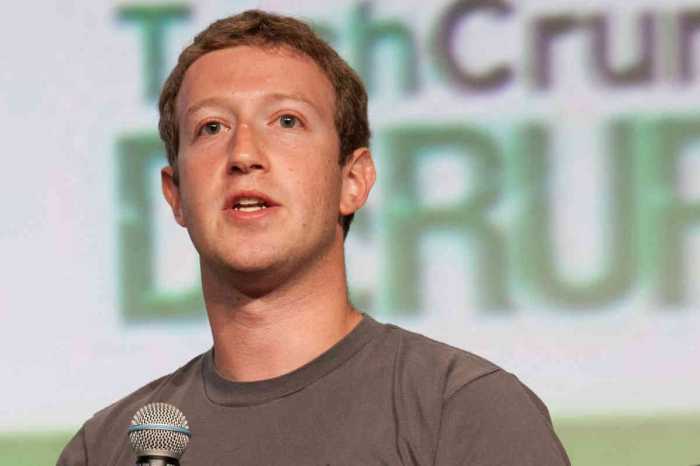Philip Gunn knows how to protect his conservative friends.
When he thought they might have to solemnize marriages for same-sex couples, provide services for such unions, or aid transgender people, the speaker of the Mississippi House wrote a bill that barred the state from taking any “discriminatory action” against religious groups, people, or businesses that act on the beliefs that marriage is “the union of one man and one woman,” sex is “properly reserved to such a marriage,” and gender refers to “an individual’s immutable biological sex as objectively determined by anatomy and genetics at time of birth.”
The legislation, which was attacked as a license to discriminate against LGBT people, easily passed both houses of the state legislature, which is dominated by Republicans, and was signed by Phil Bryant, the state’s Republican governor, on April 5.
“I think if you read it, you understand it’s a religious freedoms bill,” Gunn said of the law, which protects only certain typically conservative beliefs, according to an Associated Press article.
Mississippi’s House speaker has lots of deep-pocketed friends in LGBT-friendly corporate America
The law, which takes effect on July 1, prompted an outcry from LGBT groups, businesses, politicians, and others. Some of the companies that are participating in that outcry are Gunn’s friends in the political use of that word — they have interests before the legislature and those companies have supported Gunn with campaign contributions.
Since 2008, AT&T has given Gunn $8,300 in campaign contributions. From 2011 through 2015, the company has spent $358,000 to nearly $450,000 per year throwing receptions for state legislators, including Gunn and his family, and on lobbying, according to records filed with the state. In 2014, AT&T publicly opposed a religious freedom law that Mississippi enacted. The records do not indicate if AT&T lobbied on that matter.
Other companies that have opposed religious freedom laws have also contributed to Gunn. Since 2008, Eli Lilly and Company has given Gunn $5,750, Comcast has given him $8,000, and Monsanto has given him $1,500. Comcast and its NBCUniversal unit have a longstanding relationship with GLAAD, which did not respond to a request for comment, and Monsanto was honored by the Human Rights Campaign (HRC), the nation’s largest LGBT rights group, in 2015. Those three companies spent from $32,500 to $90,000 lobbying in Mississippi in 2014, but records do not indicate if they lobbied on the 2014 religious freedom law. HRC spent $28,750 on lobbying in Mississippi in 2014.
The Nissan Group of North America gave Forward Mississippi PAC, Gunn’s political action committee, $1,000 in 2013. GE gave the PAC $2,000 in 2014, and the Coca Cola Company and a group of Coke bottlers gave the PAC $1,500 that year.
Gunn, an attorney at Wells, Marble & Hurst PLLC, was first elected to the Mississippi House in 2004 and won the speaker’s office in 2012. He was the first Republican elected speaker since the Civil War. He is the prototype of a religious conservative. Gunn chairs the board of trustees at the Southern Baptist Theological Seminary and he professes his faith in his campaign literature, saying that it influences his life and politics. And he also has links to Tea Party groups and Americans for Prosperity, a right-wing group that promotes spending cuts and reduced government.
In 2014, Gunn joined an amicus brief in a federal lawsuit brought by the Campaign for Southern Equality that sought the right to marry for same-sex couples. He was among 58 members of the Mississippi House on the brief who opposed the couples, and it was written by Russell Latino, then an attorney at Gunn’s law firm and now the Mississippi state director of Americans for Prosperity. Latino has been the treasurer and director of the Forward Mississippi PAC.
In a 2011 federal lawsuit brought by the Mississippi chapter of the NAACP that challenged a legislative redistricting plan, Latino authored an amicus brief opposing the NAACP for the Mississippi Tea Party, a confederation of Tea Party groups. In youtube.com videos, Gunn can be found addressing a Tea Party group and noting the earlier meetings he had with them.
But he also appears to be a smart politician. Last year, Gunn angered some conservatives when he championed removing a symbol of the Confederacy from the Mississippi state flag following Dylann Roof’s killing of nine African-American parishioners in a South Carolina church. Roof had posed with the Confederate battle flag.
Gunn’s career demonstrates that LGBT groups must be prepared to contend with conservative officeholders who are ardent foes of the LGBT community even as the community’s allies in the corporate world are willing to oppose only some of what those conservatives enact while helping to ensure their survival in office. HRC has done a great deal of organizing among Fortune 500 companies, and it points to corporate opposition to proposed religious freedom laws in Tennessee and Missouri and recent vetoes of such legislation by the Republican governors in Georgia and South Dakota as proving the effectiveness of that effort.
“Many of these companies are speaking out publicly and privately in advance of action on anti-LGBT legislation,” Deena Fidas, head of HRC’s Workplace Equality Program, said in a written statement. “In fact, major companies and CEOs were integral to the opposition to discriminatory legislation in states including Georgia and South Dakota, where they helped persuade both Governor Nathan Deal and Governor Dennis Daugaard to veto anti-LGBT measures in those states.”




































